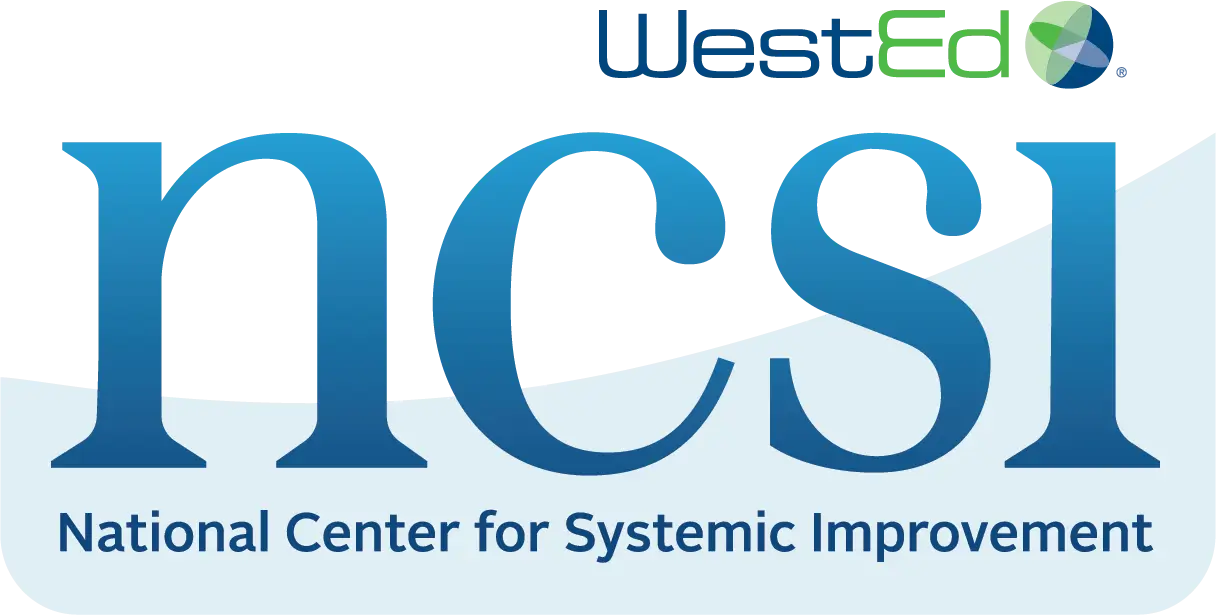One of the primary ways NCSI helps states is by providing easy access to critical, innovative, and policy-oriented information. From webinars to protocols and more, find what you need to make systemic improvement possible.

If you’re interested in a particular topic, access our Collections to see a curated selection of resources by subject matter. A collection can include a set of tools and/or products covering a particular topic. Other collections include webinar recordings and related materials from previously held informational events.
As with all policy- and government-oriented fields, there is a great deal of terminology that visitors need to understand to get the most out of NCSI resources. Explore our easy-to-scan glossary in case there’s a term or acronym that needs clarification.
The General Supervision Toolkit serves as an information hub for states. It includes tools and resources to help strengthen state systems and to ensure alignment with IDEA requirements. The toolkit features resources from NCSI and other federally funded technical assistance centers as well as the U.S. Department of Education Office of Special Education Programs.
The Research to Practice series is an ongoing collection of webinars that unpack key evidence-based practices and recommendations to promote reading and math instruction for students with disabilities. Participants learn about key practices and considerations for state and local education agencies to help support educators with implementation.
Effective preparation is key to navigating OSEP’s DMS 2.0 process. NCSI’s technical assistance supports SEAs in understanding the general supervision and DMS expectations, identifying strengths and areas of need, preparing for monitoring, and addressing any improvement activities and findings.
Our Learning Collaboratives enable states to build networks of shared leadership and peer support. We lead three separate collaboratives, which focus on priority topics related to improving outcomes for children with disabilities. Each Collaborative provides a space for resource sharing, discussion, and engagement.
Do you have a question, but don't see the answer? Feel free to reach out to us directly via the Ask the NCSI form.

